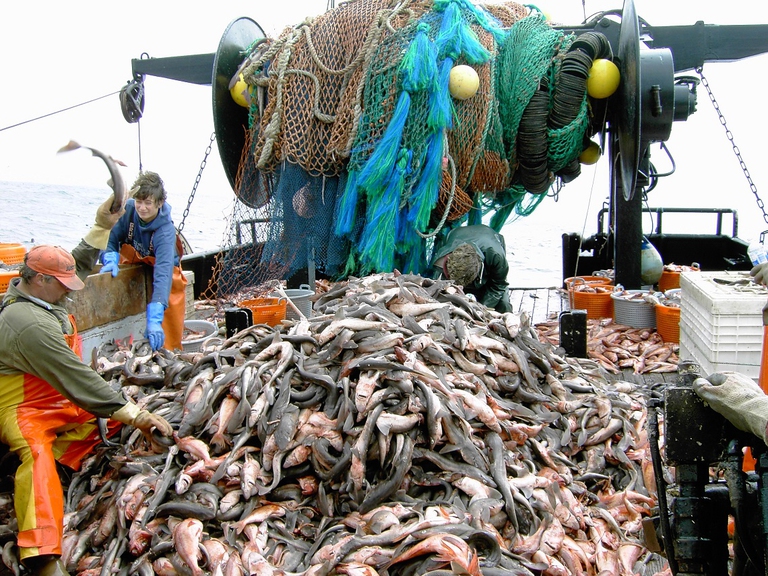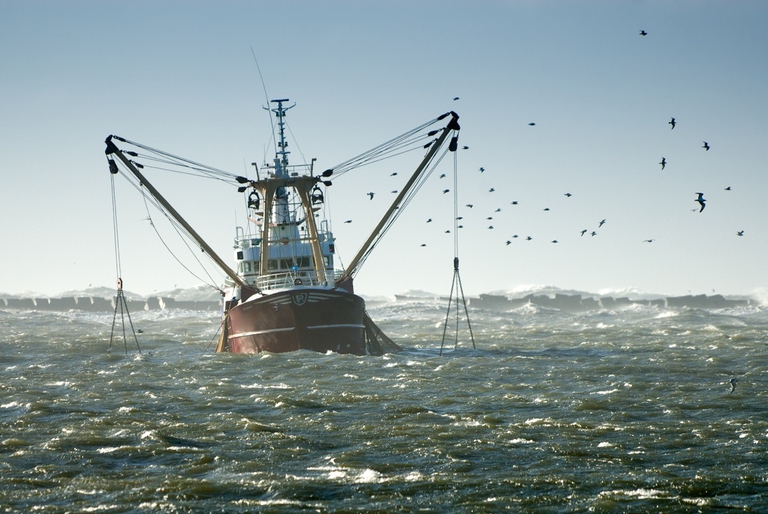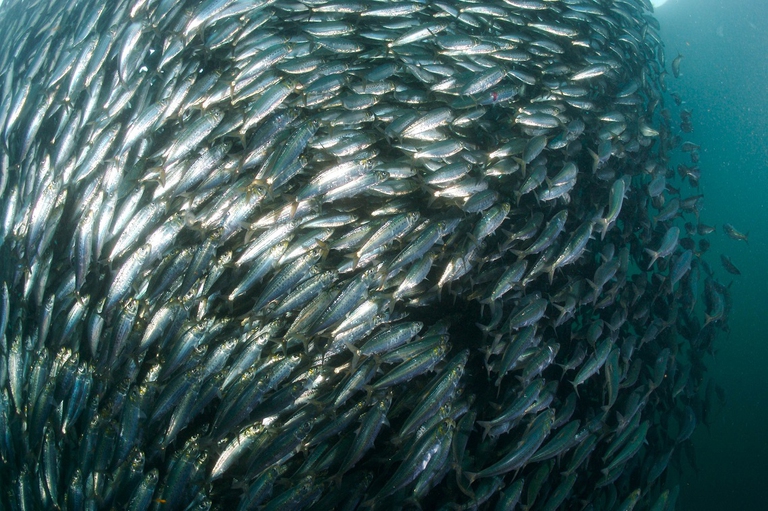
Our species took its first steps in a world covered in trees. Today, forests offer us sustenance, shelter, and clean the air that we breathe.
Secondo uno studio tra il 1950 e il 2010 le quantità reali di pescato sarebbero superiori del 50 per cento a quelle dichiarate dai vari stati.
Seas and oceans, in which life has begun, are gradually turning into arid deserts of water due to overfishing and pollution. According to a study by WWF, marine wildlife halved over the past 45 years.
The situation could be even worse, according to a new study published by Nature Communications. Official estimates would significantly underestimate global data related to the volume of fish that is caught. Researchers of the University of British Columbia, Canada, found that between 1950 and 2010 data related to catches are likely to be 50 per cent higher than what member countries voluntarily reported to the United Nations Food and Agriculture Organisation (FAO).
This phenomenon, according to researchers, concerns data of industrial-scale fisheries, whilst estimates of small-scale catches (such as subsistence fisheries) are not reported to FAO. By consequence, FAO’s official figures underestimate real fishery’s global impact and the effective volume of catches.
The study shows that some 32 million tonnes of undeclared fish catch should be added to United Nations’ data each year. “The FAO doesn’t have the mandate to correct the data that they get,” said Daniel Pauly, the study’s lead author. “Countries have the bad habit of reporting only what they see.”
Therefore, there’s a systemic underestimation of fisheries catch, which could concern significant percentages: “up to 20 to 30 per cent in developed countries, and 200 to 300 percent especially in small island states,” said Pauly. In order to better understand the effective underestimation, Pauly and Dirk Zeller of the University of British Columbia, in collaboration with the NGO Pew Charitable Trusts and with the support of an international network of 400 scientists, have evaluated the catches of over 200 countries between 1950 and 2010.
After analysing a wide range of direct and indirect sources, researchers compared them to data released by the FAO. According to official data, as of 1950, global fisheries catch increased steadily to 86 million tonnes in 1996, and then remained stable or declined only slightly, by nearly 0.40 million tonnes per year. In 2010, fisheries catch fell to 77 million tonnes, according to the FAO.
However, data provided by Pauly and his team show much higher figures though: from 130 million tonnes in 1996 to almost 109 million tonnes in 2010. These new estimates highlight how data on catches were assessed downwards, whilst Pauly and Zeller write that their reconstructed catch data could contribute to formulating better policies for governing the world’s marine fisheries.
Siamo anche su WhatsApp. Segui il canale ufficiale LifeGate per restare aggiornata, aggiornato sulle ultime notizie e sulle nostre attività.
![]()
Quest'opera è distribuita con Licenza Creative Commons Attribuzione - Non commerciale - Non opere derivate 4.0 Internazionale.
Our species took its first steps in a world covered in trees. Today, forests offer us sustenance, shelter, and clean the air that we breathe.
Poachers in Africa are encroaching on wildlife land and killing rhinos in travel hot spots now devoid of visitors due to the coronavirus pandemic.
According to FAO, if we don’t take action, up to 122 million people more will be driven into extreme poverty by 2030.
Actor and environmental activist Leonardo DiCaprio has contributed two million dollars to a fund to protect Virunga National Park in Congo from threats such as terrorism, the coronavirus and poaching.
For the first time in seventeen years, Iceland’s two main whaling companies won’t resume whale hunting. The announcement concerns this year’s season but could carry into the future.
The relationship between the coronavirus and wildlife is complex: while the pandemic may lead to a reduction in the illegal trade in wild animals, it may also encourage it in other respects.
The largest coral reef in the world is severely threatened by climate change, but researchers are developing strategies that could contribute to saving the Great Barrier Reef.
NGO Free the Bears has opened a mountain sanctuary for moon bears in Laos. With the government’s help, it aims to close all bile farms by 2022.
Seychelles have extended its marine protected area, which now covers over 400,000 square kilometres, an area larger than Germany.










